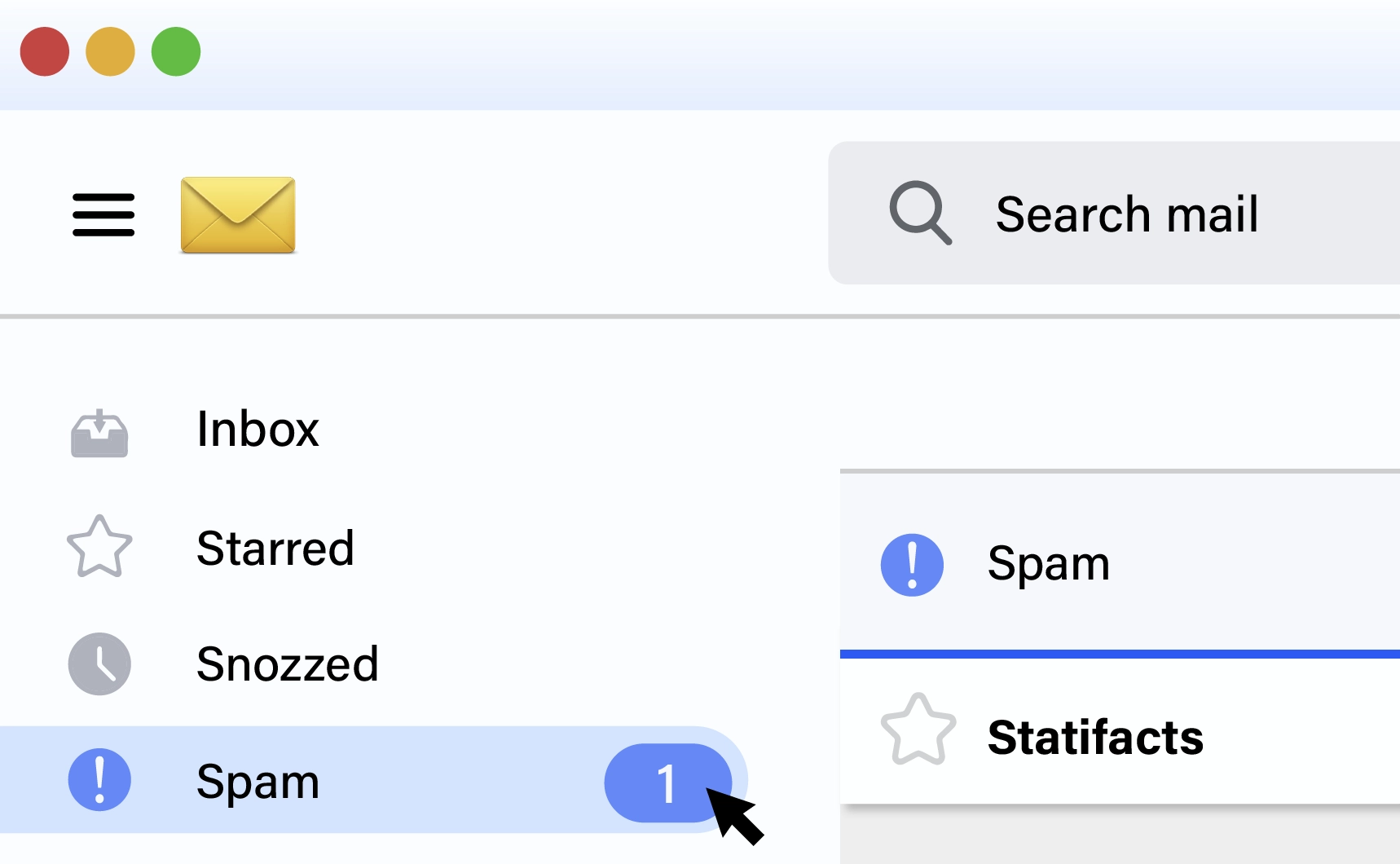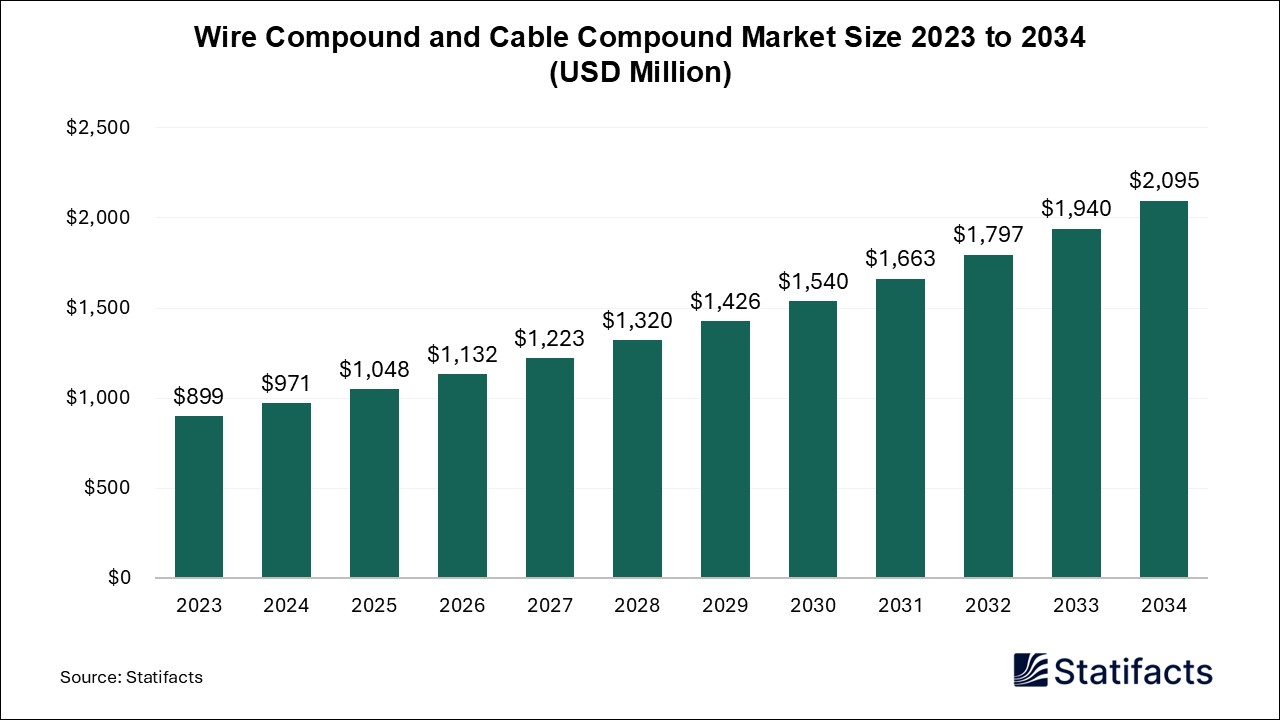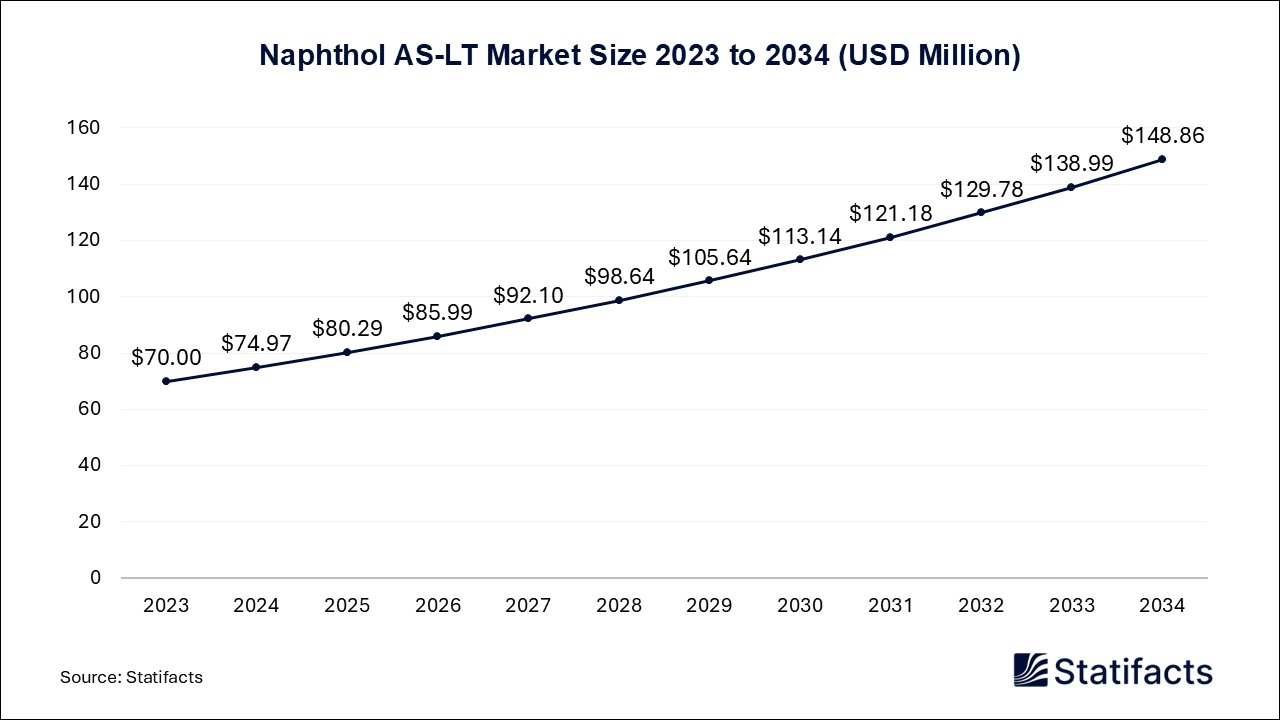Last Updated: 30 Jun 2025
Source: Statifacts
By clicking “Accept All Cookies” you agree to the storing of cookies on your device to enhance site navigation, analyze site usage, and assist in our marketing efforts.
Privacy PolicyThe global exosome-based therapy market size was evaluated at USD 45.8 million in 2024 and is expected to grow around USD 241.22 million by 2034, registering a CAGR of 18.07% from 2025 to 2034. The exosome-based therapy market is quickly gaining traction due to its potential in therapeutics for cancers, a rise in demand for cosmetic rejuvenation procedures, and an increased interest in longevity medicine and non-invasive delivery systems. This is coupled with the increasing rate of chronic and rare diseases, and growth in biotechnology and nanomedicine. Exosome-based therapies are underpinned by increasing investments in research and development, a positive regulatory environment, and technological advancements in exosome isolation, engineering, and exosome-based therapeutics. These therapies are showing the most promise with applications in cancer, neurological diseases, and regenerative medicine. North America lead the exosome-based therapy market while Europe grew at the highest rate.
| Industry Worth | Details |
| Market Size in 2025 | USD 52.58 Million |
| Market Size by 2034 | USD 241.22 Million |
| Market Growth Rate from 2025 to 2034 | CAGR of 18.07% |
Exosome therapy is a novel area of regenerative medicine that applies the cellular secretion of extracellular vesicles called exosomes to deliver bioactive molecules for therapeutic benefit. Exosomes are nanovesicles comprised of protein, lipid, and RNA, which makes them an efficient means of intercellular signaling and immune modulation. Exosome therapy is receiving a great deal of interest in academic research, especially for its applications in oncology, neurology, cardiology, and dermatology. The unique properties of exosomes grant them value in the pharmaceuticals, biotechnology, diagnostics, and cosmetic dermatology sectors.
The exosome market has attracted a great deal of attention from clinical research organizations and biopharmaceutical companies for being a new type of research and intervention that is non-immunogenic and customizable. New drug delivery technologies driven by exosomes provide greater therapeutic benefits. For instance, Evox Therapeutics has developed a drug delivery platform that utilizes exosomes to treat rare diseases. The growth will be propelled by increasing collaborations between biotech companies and research institutions that propel innovation.
Artificial Intelligence (AI) is truly accelerating advances in exosome-based therapies by offering the capability of high profiling of exosomes, predictive analytics, and various discovery opportunities. AI-enabled platforms serve to quickly analyze large sets of data from proteomics and transcriptomics and systematically identify exosome-based biomarkers related to a specific disease to advance diagnosis and personalized exosome treatment. Companies such as Codiak BioSciences have utilized AI and machine learning for various applications, such as optimizing how to engineer exosomes for the design of drug payloads and ensuring they will adequately deliver them into cells and at acceptable toxicity levels. AI-enabled applications can use machine learning algorithms to improve exosome purification and quality control processes required in the manufacture of exosome therapeutics to reduce costs and facilitate better scaling up.
Growing Interest in Non-Cell-Based Therapies
Concerns of safety and ethical dilemmas surrounding stem cell therapies have resulted in increased demand and interest in non-cell-based therapeutic approaches, including exosome therapies. Exosomes are ‘cell-free’, so there is no longer a concern of immune rejection, tumor formation, or risk of transmissible infection that is associated with live-cell therapies. Exosomes can reproduce some of the regenerative properties of stem cells as a therapeutic agent, while avoiding many potential complications. Stem cell exosome therapy is quickly becoming the predominant approach for clinical applications, as regulatory agencies have less risk aversion toward higher workers and potential production of products from exosomes that typically have significantly lower immunogenicity and safety issues. Specifically, areas with high-risk cell therapies and scrutiny from therapeutic products would benefit tremendously from an exosome-based approach.
Growing Clinical Trials and Research, and Development in Exosomes
The rapid advancements in scientific research and results through investment in scientific research and development act as an economic generator for the market for exosome therapy. Many clinical trials are currently exploring the feasibility of exosomes in the treatment of cancers, cardiovascular disease, neurological disease, and autoimmune diseases. Pharmaceutical companies are investing in a number of preclinical studies and tech platforms to develop methods for exosome manufacture with possible larger-scale applications. In addition, research institutions and universities will want to develop relationships with biotech start-ups in order to increase the speed at which they can develop new innovations. There are companies like Codiak BioSciences and Exopharm developing their way into clinical stages, which should increase therapeutic and commercial interest, additional funding, and possible partnerships.
Standardization in Storage and Purification
While exosome-based therapies hold clinical promise, there is a lack of standardized protocols for isolation, purification, and characterization. This is hampering the progress of the market. The various methods that are used to isolate or purify exosomes are inconsistently correlating with yield, purity, and biological activity of exosomes, which leads to variability in outcomes of therapeutic products. This variability in studies has increased the difficulty of comparing or pooling results between multiple studies and slowed down the approval process for regulatory institutions such as Health Canada or the U.S. Food and Drug Administration (FDA).
Moreover, currently established sample purification techniques such as ultracentrifugation and size-exclusion chromatography are also labor-intensive and time-consuming. They may lack the capacity to produce exosomes at increased levels. As there are no global standards for establishing the quality or effectiveness of any such product in exosome-based therapies, product developers have difficulty demonstrating product reliability, and investors are reluctant to invest in exosome-based therapies and the commercialization of exosome-based therapies and therapeutic solutions are delayed.
High Development and Manufacturing Costs
The cost of exosome therapies continues to be a restraint to development, especially with respect to research, purifying, characterizing, and manufacturing. Within these areas of development, there are expenses needed regarding high-quality raw materials, expensive machines and equipment, the need for compliance with Good Manufacturing Practices (GMP), and the underdeveloped state of cost-effective technologies for producing a common product size and natural exosome product at scale. This burden of high exosome therapy cost has to be ultimately passed on, at least in part, to the consumer. Despite these high costs, any startups and small biotech companies could be the most creative and innovative builders of discovery-type products, leading to advances in research and applications of these therapies. Even at some biopharmaceutical companies, funding is limited, and quality and affordability are a balancing act.
Exosome-Based Diagnostics Unlocking Commercial Potential Through Innovation
The advances in exosome-based diagnostics represent a tremendous commercial opportunity. Exosomes, although less well known than other transplantable bio-products, may contain non-invasively collected biomarkers for the early detection of disease and, in particular, cancers. Moreover, partnerships of biotech companies and AI companies are likely to lead to targeted therapeutic exosomes designed for very rare diseases with particular niche markets to generate revenue. As regulatory agencies provide guidance about the new category of biologic products and whether companies can pursue the respective commercialization pathway, exosome-based products will likely be a reality in the future.
“This research is the first to demonstrate a novel combination treatment concept utilizing exosomes for MASH, a metabolic disease that is difficult to treat. It sheds light on the potential to overcome the limitations of existing treatment strategies. “We hope to establish a mass production system in the future that will lead to actual drug development.”
By therapy type, the exosome therapeutics segment dominated the market and is also the fastest growing in the forecasted period because of therapeutic potential for a variety of diseases, namely cancer, neurodegenerative disease, and rare genetic disorders. These therapies utilize engineered or naturally derived exosomes that can deliver therapeutic agents, including RNA, proteins, or small molecules, directly to target cells. The growth of the exosome therapeutics segment is also aided by the progress of precision medicine, the rise of funding for research and development, and positive clinical trial results.
By therapy type, the exosome isolation and engineering segment underwent substantially notable growth in the market during 2024 as anticipation for higher-purity exosome products and significantly improved delivery efficiency for therapeutic applications continues to fuel the market. Advances in exosome isolation methods will enable researchers and other stakeholders to perform exosome isolation, standardize, repeat, and scale exosome yields successfully. It is also facilitating more advanced methods for engineering exosomes to load drug or genetic injections, which will only add to their therapeutic utility in the future. Many of these methods are ones that have been previously made achievable commercially and implemented in the laboratory, making the exosome isolation and engineering segment an essential underpinning in supporting the progression of next-generation exosome-based therapies and products in the lab.
North America
North America has the largest share of the exosome-based therapy market due to the advancement in healthcare infrastructure and research, development, and innovation expenditure. Additionally, the breadth and depth of the biopharmaceutical industry enable existing companies and startups to spur innovation. The U.S. is home to world-leading research institutions and companies. The U.S. also invests in early-stage research and development with extensive commercial growth. Federal funding by the National Institute of Health and other agencies enables discoveries and innovation through research and development. The regulatory environment supporting biotechnology companies enables early-stage companies to engage in therapeutic development with the intent to commercialize. Early-stage companies have access to multi-pronged approaches to utilizing artificial intelligence in a growing modern society, as well as bioinformatics to accelerate timelines around diagnostics and new forms of therapeutics based on exosomes.
United States
The exosome-based therapy market in North America is led by the United States, due to its large biotechnology ecosystem, large-scale clinical research capacity, and strong funding support. American companies such as Codiak BioSciences, Avalon GloboCare, Exosome Diagnostics, and others are helping to accelerate innovation and commercialization. The presence of some of the best academic institutions and a clear regulatory environment from the U.S. FDA allows faster development and approval of therapeutic exosome products. In addition, the intersection of artificial intelligence (AI) and precision medicine in the health care system of the U.S. is further accelerating the growth of exosome therapy.
Europe
Europe is emerging as the fastest-growing region in the exosome-based therapy market due to greater investment in regenerative medicine and cell-free therapeutics. EU Horizon Europe funding has supported several exosome projects, while regulatory clarity surrounding advanced therapy medicinal products (ATMP) has pushed development. Countries such as France, the Netherlands, and Germany are actively building public-private partnerships to increase clinical trial completion. European companies are also developing GMP-compliant manufacturing processes to scale up any potential demand. Exosomes also tap into Europe's growth in personalized healthcare and early diagnosis and detection of diseases, especially in oncology and neurodegenerative disorders.
Asia-Pacific
The exosome-based therapy market is notably growing in Asia-Pacific. There has been considerable investment in regenerative medicine and biotechnology in the region. Exosome research is growing in many countries, including Japan, South Korea, China, and India, with demonstrated commitment through government support with engagement from educational institutions. Japan is a key leader in exosome implementation in the clinical context; meanwhile, China has been investing in its own research and development, and commercialization of exosomes, ramping up its manufacturing capacity. There is a growing burden of chronic illness, a dramatic uptick in health care costs, and interest from pharmaceutical companies, in addition to local biotech start-ups increasingly running clinical studies, and developing partnerships across regional boundaries, which generates additional momentum for innovation and growth in the market as well.
The exosome-based therapy market is increasingly competitive with the increasing number of players in the market, research and development institutions, and the continuous development of new exosome-based products. Some of the key players in the market are Bio-Techne, Capricor Therapeutics, Evox Therapeutics, Aegle Therapeutics, Capital Biosciences Inc., Direct Biologics LLC, and System Biosciences LLC.
The market consists of several key players, but the most prominent amongst them in the exosome-based therapy market are:
Bio-Techne supplies proteins, antibodies, assays, and diagnostics tools in over 35 countries within the life science industry. The company is noted for its acquisitions of Exosome Diagnostics and its continued work in spatial biology and tools for cell and gene therapy.
U.S.-based Capricor Therapeutics is focused on regenerative medicine, cell and exosome therapy, with the product under investigational development identified as CAP-1002 for Duchenne Muscular Dystrophy. There are currently progressing exosome platforms with a focus on a targeted delivery system to use drug and RNA products for rare disease indications.
Evox Therapeutics, headquartered in the UK, has a global outreach and is focused on exosome systems for drug delivery. Evox was the first to develop technologies to cross the blood-brain barrier for drug and RNA efficacy and is currently developing drug formulations for CNS and metabolic disorders using engineered exosomes.
Published by Rohan Patil
Last Updated: 30 Jun 2025
Source: Statifacts
Last Updated: 30 Jun 2025
Source: Statifacts
| Subsegment | 2024 | 2025 | 2026 | 2027 | 2028 | 2029 | 2030 | 2031 | 2032 | 2033 | 2034 |
|---|---|---|---|---|---|---|---|---|---|---|---|
| Exosome Isolation and Engineering | 11.20 | 12.80 | 14.70 | 17.00 | 19.80 | 23.30 | 27.50 | 32.60 | 38.80 | 46.50 | 55.70 |
| Exosome Therapeutics | 34.60 | 39.80 | 46.00 | 53.70 | 63.10 | 74.70 | 88.80 | 106.10 | 127.40 | 153.70 | 185.60 |
Last Updated: 30 Jun 2025
Source: Statifacts
| Subsegment | 2024 | 2025 | 2026 | 2027 | 2028 | 2029 | 2030 | 2031 | 2032 | 2033 | 2034 |
|---|---|---|---|---|---|---|---|---|---|---|---|
| Exosome Isolation and Engineering | 11.20 | 12.80 | 14.70 | 17 | 19.80 | 23.30 | 27.50 | 32.60 | 38.80 | 46.50 | 55.70 |
| Exosome Therapeutics | 34.60 | 39.80 | 46 | 53.70 | 63.10 | 74.70 | 88.80 | 106.10 | 127.40 | 153.70 | 185.60 |
Exosome-based therapy uses extracellular vesicles are derived from cells to deliver therapeutic molecules like proteins, RNA, or therapeutic drugs into necessary cells. These vesicles facilitate cell-to-cell communication and tissue regeneration.
Key applications include cancer treatment, neurodegenerative diseases, wound healing, and regenerative medicine. They are also being explored in autoimmune and inflammatory conditions.
Rising interest in precision medicine, advancements in stem cell research, and the demand for non-invasive therapies are fueling market growth. Ongoing clinical trials and funding also support development.
Major challenges include standardization of isolation methods, scalability, high production costs, and regulatory uncertainties surrounding safety and efficacy.
Notable companies include Codiak BioSciences, Evox Therapeutics, Kimera Labs, Aegle Therapeutics, and ExoCoBio. These firms focus on developing targeted delivery systems and expanding clinical applications.
Catalyst Screening Service Market (By Type: High Throughput Computing Screening Service, Industrial Recycling and Recycling Service, Quality Control a...
To get full access to our Market Insights, you need a Professional Account or a Business Suite.

You will receive an email from our Business Development Manager. Please be sure to check your SPAM/JUNK folder too.

You will receive an email from our Business Development Manager. Please be sure to check your SPAM/JUNK folder too.

Our customers work more efficiently and benefit from


